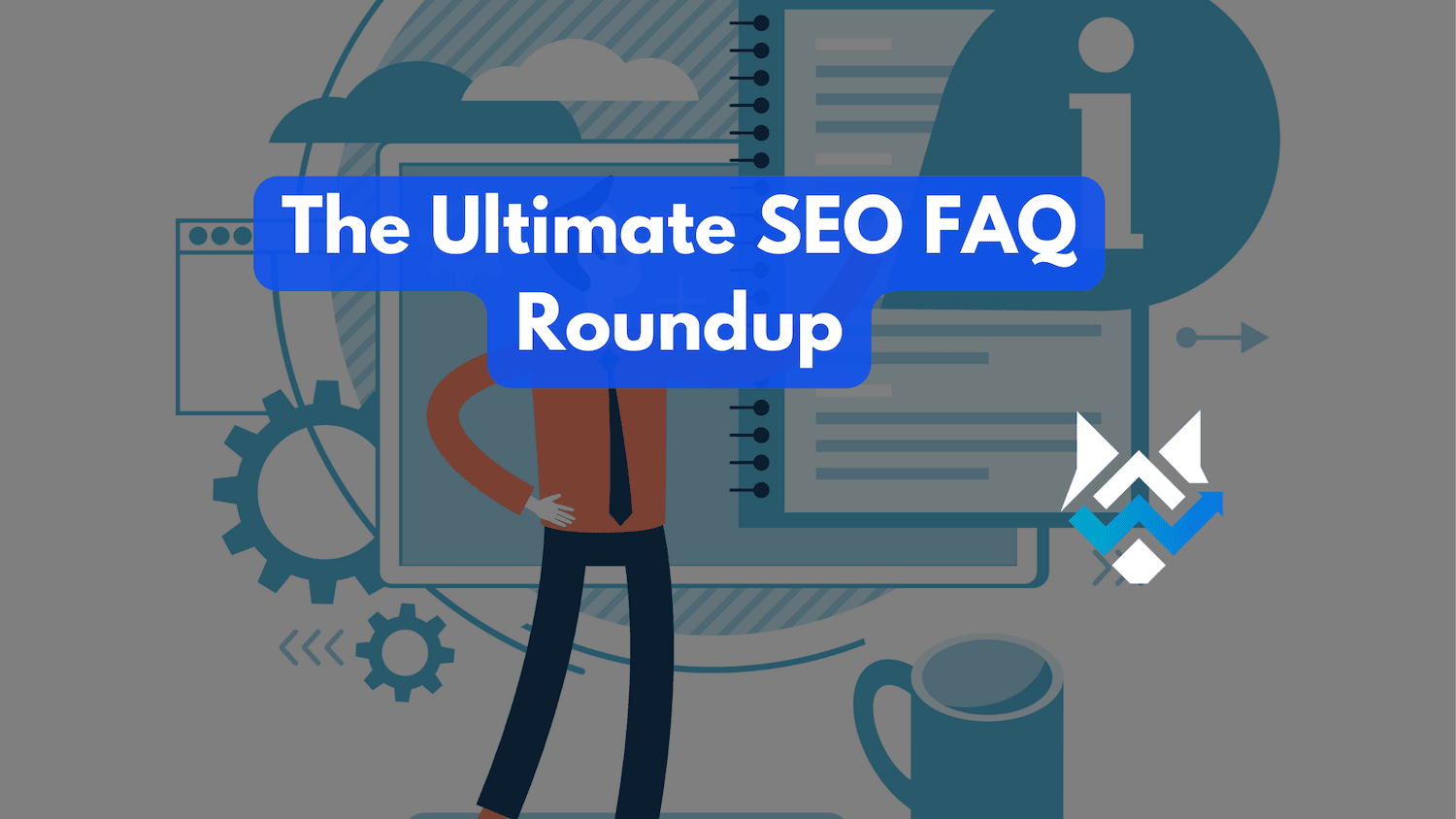Search Engine Optimization (SEO) is the practice of enhancing both the quality and quantity of traffic to your website through organic search engine results. Unlike paid advertising, SEO focuses on improving unpaid, organic search outcomes to increase your site’s visibility. This visibility is essential, as it leads to more traffic and greater opportunities to turn visitors into customers.
SEO is vital for making your website more discoverable, ensuring your content not only meets the needs of your audience but is also easy for search engines to index and rank. Effective SEO can elevate your site above competitors and establish it as a credible authority in your niche, thereby boosting trust and engagement with potential customers. Keep reading this article about SEO faq to learn how you can leverage SEO strategies to transform your website’s presence online.
Basic SEO Concepts

What is SEO?
Search Engine Optimization (SEO) involves a range of strategies and techniques aimed at boosting the number of visitors to a website by securing a high-ranking spot in the search results of search engines like Google, Bing, and Yahoo. It integrates both technical and creative aspects to enhance rankings, attract traffic, and improve visibility in search engine results. Key components of SEO include keyword research, content optimization, link building, and enhancing user experience.
How do search engines work?
Search engines function primarily through two processes: crawling and indexing, followed by ranking. Crawling is where search engines use bots, also known as spiders or crawlers, to gather information on all available content on the internet by following links from one page to another. This process of discovering new and updated information is called indexing.
Once content is indexed, search engines use complex algorithms to analyze the pages in the index, considering hundreds of ranking signals to determine how pages should be ranked in search results for specific queries. These algorithms are increasingly sophisticated, employing machine learning and artificial intelligence to discern searcher intent, content relevance, quality, and user engagement, among other factors. This section aims to demystify how search engines work in a straightforward and informative manner, making the concepts accessible to beginners and intermediate learners alike.
Key SEO Techniques
Keyword Research
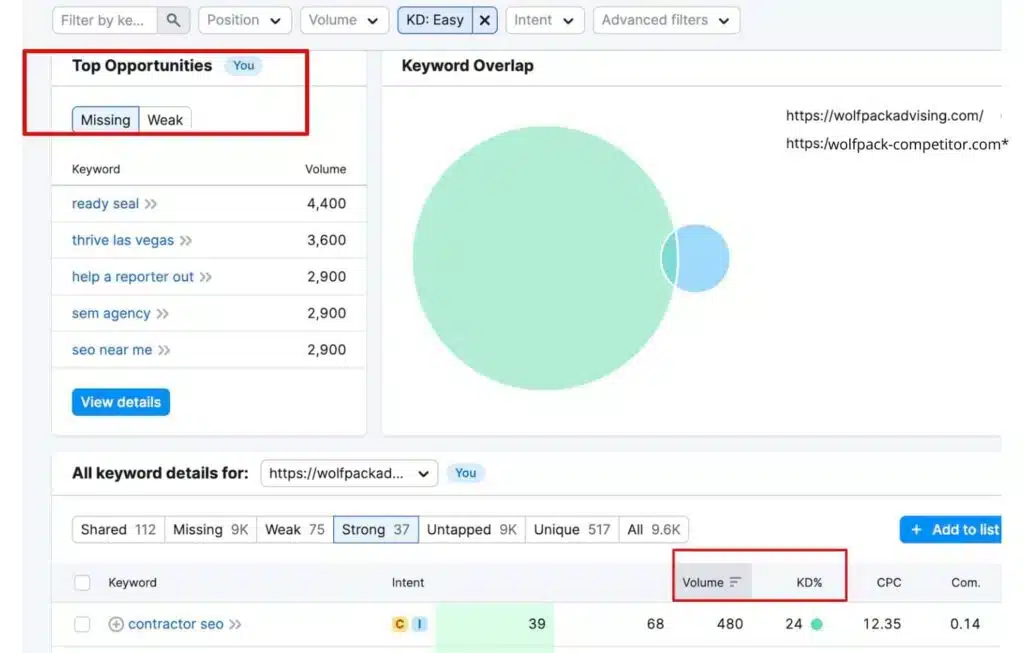
- Understanding the importance of keyword research is crucial in SEO. This process involves identifying the words and phrases potential customers use when searching for products or services similar to yours. By discovering these keywords, you can optimize your content to align with these searches, enhancing your visibility in search engine results.
- To effectively find and analyze keywords, tools like Google Keyword Planner and Ahrefs are invaluable. They offer insights into keyword search volumes, competition levels, and relevance, helping you target the most advantageous terms.
Content Creation
- The art of content creation lies in crafting pieces that both engage readers and meet search engine criteria. The goal is to produce content that thoroughly answers the user’s queries and delivers additional value.
- High-quality SEO content typically includes naturally incorporated target keywords, provides comprehensive analysis, and features user-friendly formatting. Conversely, poor SEO content often resorts to keyword stuffing, offers minimal depth, and lacks readability.
On-Page Optimization
- This technique focuses on optimizing individual web pages to improve their search engine rankings.
Key elements to consider include:
- Meta tags that clearly describe the content of the page.
- Well-structured headers (H1, H2, etc.) that incorporate relevant keywords.
- Image alt texts that provide descriptive captions and include keywords when fitting.
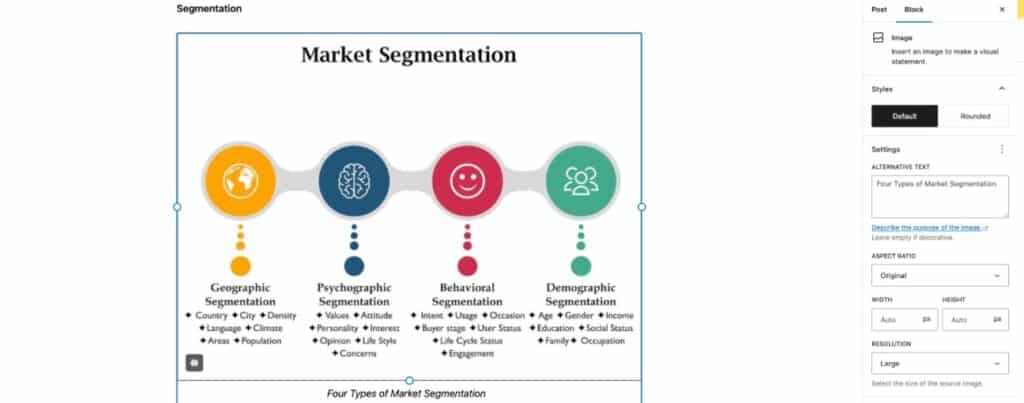
Link Building
- When it comes to backlinks, the quality of the links is significantly more important than their quantity. Search engines view high-quality, relevant links as indicators of your website’s credibility and authority.
- Ethical link-building methods include creating content that is worth sharing, guest blogging on reputable sites, and actively participating in your online community to foster organic backlinks.
This section aims to demystify key SEO techniques such as keyword research, content creation, on-page optimization, and link building in a straightforward and accessible manner, making these concepts approachable for beginners and intermediate learners. Engage with this content to deepen your understanding and effectively apply these strategies to your SEO efforts.
Common SEO FAQs
Why is my website not appearing on Google?
There are several factors that could prevent your website from appearing in Google search results. These range from issues with indexing to violations of Google’s guidelines. Here are some troubleshooting tips:

- Check Indexing: Search for “site:yourwebsite.com” on Google to see if your site is indexed.
- Robots.txt: Ensure that your site is not blocked by
robots.txt, which can prevent Googlebots from accessing your site. - Google Search Console: Use this tool to submit your sitemap and check for crawl errors, which can also affect visibility.
- Content Quality: Make sure your content is high-quality, original, and includes relevant keywords that align with Google’s Webmaster Guidelines.
How long does it take to see SEO results?
SEO is a long-term strategy that often requires patience. Initial results can sometimes be seen within 3 to 6 months, but more substantial outcomes may take 6 to 12 months or longer. This timeline can vary based on industry competitiveness, content quality, and the extent of ongoing optimization efforts. Remember, SEO is about continuous improvement and adapting to changes in search engine algorithms.
Does social media impact SEO?
While social media does not directly influence Google’s ranking algorithms, it can indirectly enhance your SEO efforts through:
- Brand Visibility: A strong social media presence can increase your brand’s recognition, potentially leading to more searches for your brand.
- Content Distribution: Social media helps distribute your content wider, which can increase your audience and attract backlinks.
- Search Functionality: Platforms like Facebook and Twitter can act as search engines where your content can be discovered by users.
This section aims to clarify common SEO queries with simple, actionable advice, making it easier for beginners to intermediate users to understand and implement effective SEO strategies. Engage with this content to navigate the complexities of SEO and enhance your website’s search engine presence.
Advanced SEO Questions
What is technical SEO?
Technical SEO involves optimizing the infrastructure of a website to ensure search engines can effectively crawl and index its pages. This includes enhancing site speed, ensuring the site is mobile-friendly, implementing structured data, securing the website with HTTPS, creating XML sitemaps, optimizing robots.txt, and resolving crawl errors or broken links. These improvements not only elevate user experience but also positively impact a website’s search engine rankings.
The Role of Analytics in SEO
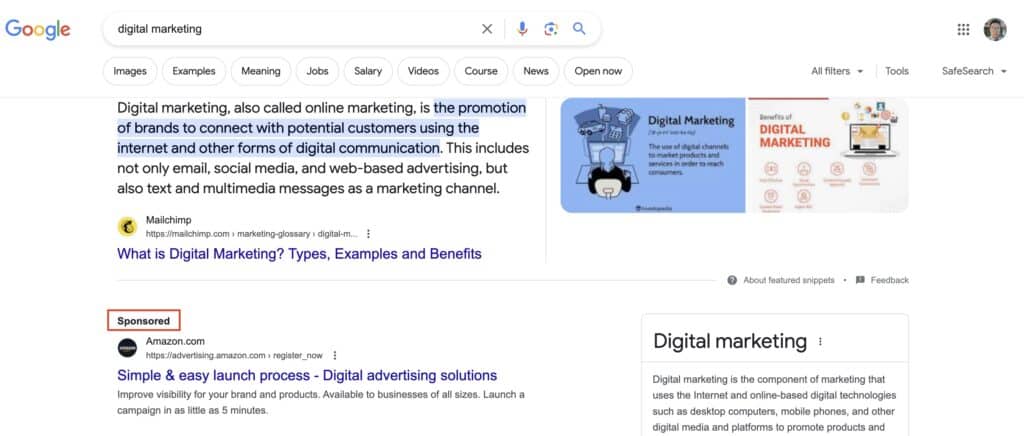
Analytics is essential in SEO for understanding user interactions and the performance of your website. Tools like Google Analytics provide insights into traffic origins, user behavior, conversion rates, and bounce rates. SEO professionals use this data to assess the effectiveness of their strategies, pinpoint issues, and optimize their actions to improve both visibility and performance in search engine results pages (SERPs).
What are SERP features, and why are they important?
SERP features are special formats and elements that Google uses to display search results beyond the traditional text links. These include featured snippets, local packs, knowledge panels, and image or video results. Capturing these features can significantly increase visibility and click-through rates because they provide users with quick answers or relevant information directly on the results page. Understanding how to optimize content to target these features can give you a competitive edge in SEO.
How does voice search impact SEO?
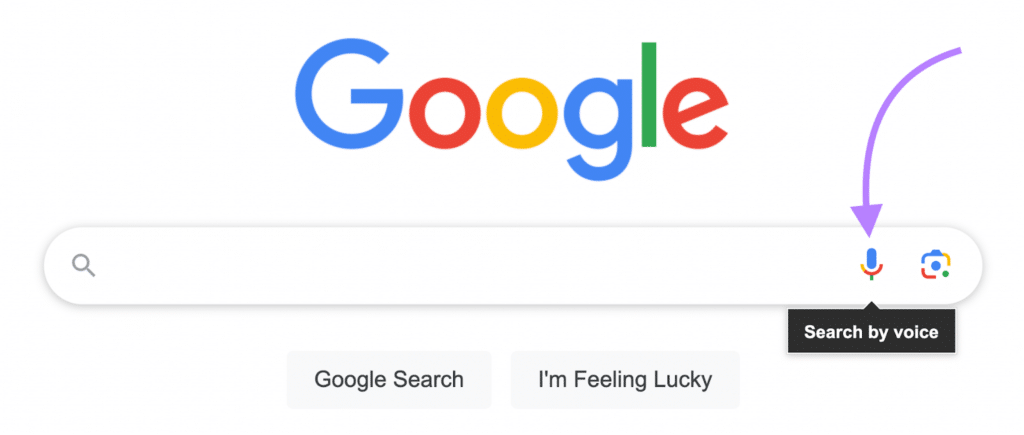
Voice search is rapidly changing how users interact with search engines, largely due to its convenience and growing accuracy. Optimizing for voice search involves focusing on natural language and question-based queries, as these are more common in spoken requests. This means creating content that directly answers questions and providing clear, concise information can improve your chances of ranking higher in voice search results.
What is the importance of mobile optimization in SEO?
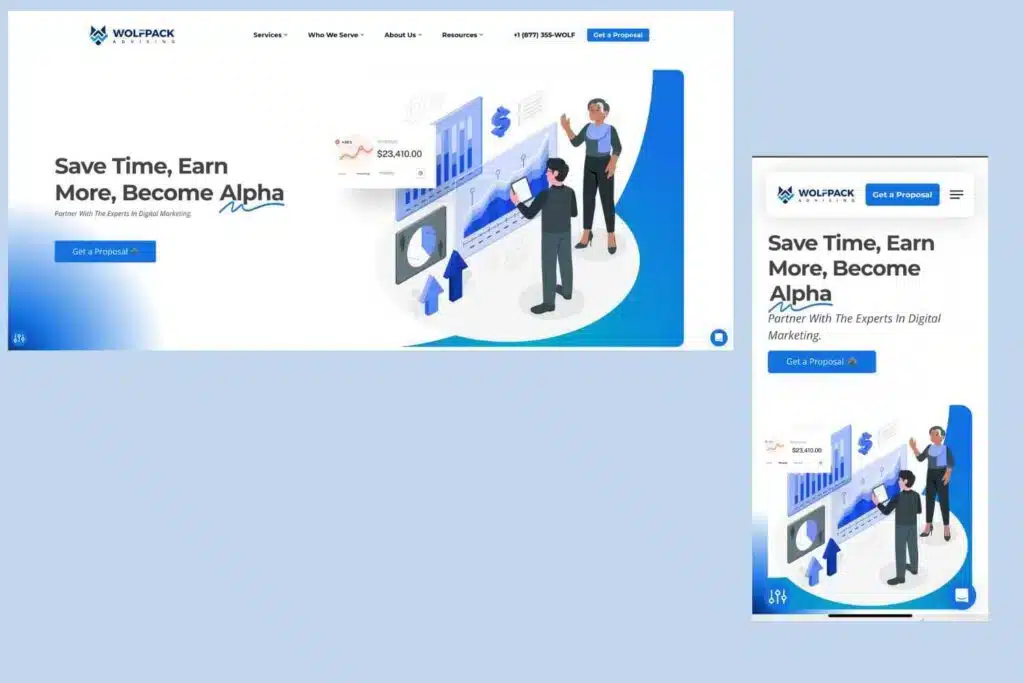
With the majority of searches now performed on mobile devices, mobile optimization has become crucial for SEO. This means ensuring that your website is responsive, loads quickly on mobile devices, and provides a user-friendly experience. Google’s mobile-first indexing prioritizes the mobile version of your website for ranking purposes, making it essential to optimize for mobile to maintain and improve your SEO standing.
This section aims to deepen your understanding of advanced SEO topics with clear explanations and actionable insights, designed to help both beginners and intermediate learners grasp more complex SEO concepts and techniques. Engage with these advanced questions to enhance your strategic approach and stay ahead in the evolving landscape of SEO.
Avoiding SEO Mistakes
Common SEO Myths Debunked
- Myth: More Keywords Equals Higher Rankings Contrary to outdated belief, stuffing articles with keywords no longer boosts rankings. Instead, search engines favor the context and relevance of content, penalizing sites for keyword stuffing.
- Myth: Having lots of backlinks guarantees better rankings It’s the quality, not the quantity, that counts with backlinks. A handful of high-quality links from trusted websites are far more effective than many low-quality ones.
- Myth: SEO is a one-time task SEO requires ongoing effort. Continual updates and content optimization are necessary to keep up with search engine algorithm changes and maintain or improve your rankings.
- Myth: Meta tags have no influence on SEO Although they are not as crucial as before, meta tags still influence SEO by providing search engines with context and affecting click-through rates from search results.
- Myth: Social media doesn’t affect SEO While social signals don’t directly influence rankings, a robust social media presence can increase brand visibility and offer indirect SEO benefits.
- Myth: Images don’t need optimization Every element on your website affects SEO, including images. Optimizing images with alt text and relevant keywords can improve accessibility and context, enhancing SEO performance.
- Myth: HTTPS is not necessary for SEO Security is a top priority for search engines. Websites secured with HTTPS are favored in the rankings because they provide a safer browsing experience.
Tips on Avoiding Penalties from Search Engines
- Create High-Quality Content: Emphasize original, well-researched content that delivers real value to your audience. Avoid duplicating content across different pages.
- Optimize for User Experience: Enhance your website’s speed, responsiveness, and navigation to improve user engagement and reduce bounce rates.
- Use Keywords Strategically: Incorporate keywords naturally into your content, including in titles and meta descriptions. Avoid overuse, which can appear spammy.
- Build Quality Backlinks: Pursue guest blogging opportunities on reputable sites and collaborations that yield meaningful backlinks.
- Stay Updated on Algorithm Changes: Regularly monitor search engine updates and adapt your SEO strategies to stay compliant and optimized.
By understanding these common myths and following these tips, you can develop a strong SEO strategy that steers clear of penalties and boosts your site’s ranking effectively. Engaging with these insights will help you navigate the complexities of SEO and ensure that your efforts are both productive and sustainable.
Additional SEO Questions and FAQs
For those looking to deepen their understanding of SEO, here’s an expanded section that covers some additional questions frequently asked by both beginners and seasoned marketers. These queries address more nuanced aspects of SEO strategies and practices:
How can I ensure my website is mobile-friendly?
Ensuring your website is mobile-friendly is crucial in today’s digital landscape. Here’s how you can achieve this:
- Responsive Design: Use responsive web design techniques so your site adapts to the screen sizes of various devices.
- Mobile Testing Tools: Employ tools like Google’s Mobile-Friendly Test to evaluate your site’s usability on mobile devices.
- Load Time Optimization: Reduce your site’s load time by optimizing images and compressing files—essential for keeping mobile users engaged.
- Touchscreen Navigation: Make sure buttons, links, and navigation menus are easy to interact with on touchscreens.
- Viewport Meta Tag: Include this tag in your HTML to control layout on mobile devices, ensuring your page scales correctly.
- Avoid Flash: Opt for HTML5 over Flash, as Flash is largely unsupported on mobile devices and can hinder usability.
What are the best practices for XML sitemaps?

XML sitemaps are a roadmap to your website that search engines use to find and index your content. Here are best practices:
- Keep it Updated: Ensure your sitemap is current with all new pages listed.
- Use Sitemap Index Files: For large sites, organize your sitemaps using an index file.
- Prioritize Important Pages: Use the
<priority>tag to highlight the pages most crucial to your site. - Include Modified Dates: The
<lastmod>tag shows when each URL was last updated, helping search engines crawl more efficiently. - Follow the Limits: Remember, sitemaps should not exceed 50MB and 50,000 URLs.
- Submit to Search Engines: Make your sitemap available to search engines through their respective webmaster tools.
How can guest blogging be leveraged for effective link-building?

Guest blogging is a powerful tool for building high-quality backlinks. Here’s how to use it effectively:
- High-Quality Content: Write compelling, valuable content that host websites are eager to publish.
- Target Relevant Blogs: Aim for blogs within your industry to ensure the audience is relevant to your business.
- Backlink Strategy: Naturally incorporate backlinks to your site, ensuring they add value to the article.
- Author Bio Links: Take advantage of the author bio to include a personal backlink.
- Build Relationships: Foster relationships with blog owners for ongoing guest blogging opportunities.
How can I effectively use Google My Business for Local SEO?
Google My Business is an essential tool for local SEO. To maximize its potential:
- Complete Your Profile: Fill out every section of your GMB profile to provide comprehensive business details.
- Regular Updates: Keep your profile fresh with posts and current offers to engage local customers.
- Encourage Reviews: Invite customers to leave reviews and respond to them promptly to enhance your reputation.
- Use Local Keywords: Incorporate keywords specific to your local area in your profile and posts.
- High-Quality Images: Upload clear, appealing images of your business to attract more customers.
What are the implications of the latest Google algorithm updates?
Recent updates to Google’s algorithm often focus on:
- Quality Content: Prioritizing sites with original, relevant content.
- User Experience: Demoting sites that provide poor user experiences, like slow load times and intrusive ads.
- Mobile Usability: Increasing importance of mobile-friendly sites in rankings.
- AI and Machine Learning: Using advanced technologies to better understand content and user intents.
How can businesses adapt quickly to changes in SEO best practices?
To stay agile with SEO, businesses should:
- Stay Informed: Keep up with SEO news from trusted sources.
- Agile Implementation: Be ready to quickly implement changes as SEO guidelines evolve.
- Continuous Learning: Regularly train your team in the latest SEO strategies.
- User-Centric Approach: Focus on enhancing the user experience, which aligns with SEO best practices.
- Monitor Performance: Regularly check your analytics to assess your SEO strategy and make necessary adjustments.
This additional information aims to clarify and expand on essential SEO practices and principles, making it accessible and informative for beginners to intermediate readers, encouraging deeper engagement and understanding of effective SEO strategies.
Conclusion
As we wrap up, it’s clear that SEO is an essential component for any successful online presence. Starting with the basics—like keyword research and on-page optimization—and gradually advancing towards more complex strategies such as link building and technical SEO, can significantly enhance your website’s visibility and organic traffic.
Remember, the journey of mastering SEO doesn’t happen overnight. It requires patience, persistence, and a willingness to learn. Begin with straightforward techniques, assess their impact, and methodically incorporate more sophisticated methods as you grow more comfortable and knowledgeable.
For those ready to take their SEO efforts to the next level, Wolfpack Advising is here to guide you through the intricacies of search engine optimization. With our expertise, we can help you navigate the ever-changing landscape of SEO, ensuring that your strategies are not only current but also effective. However, for any digital marketing questions or guidance on reaching your audience, schedule an online consultation with WolfPack Advising today!


